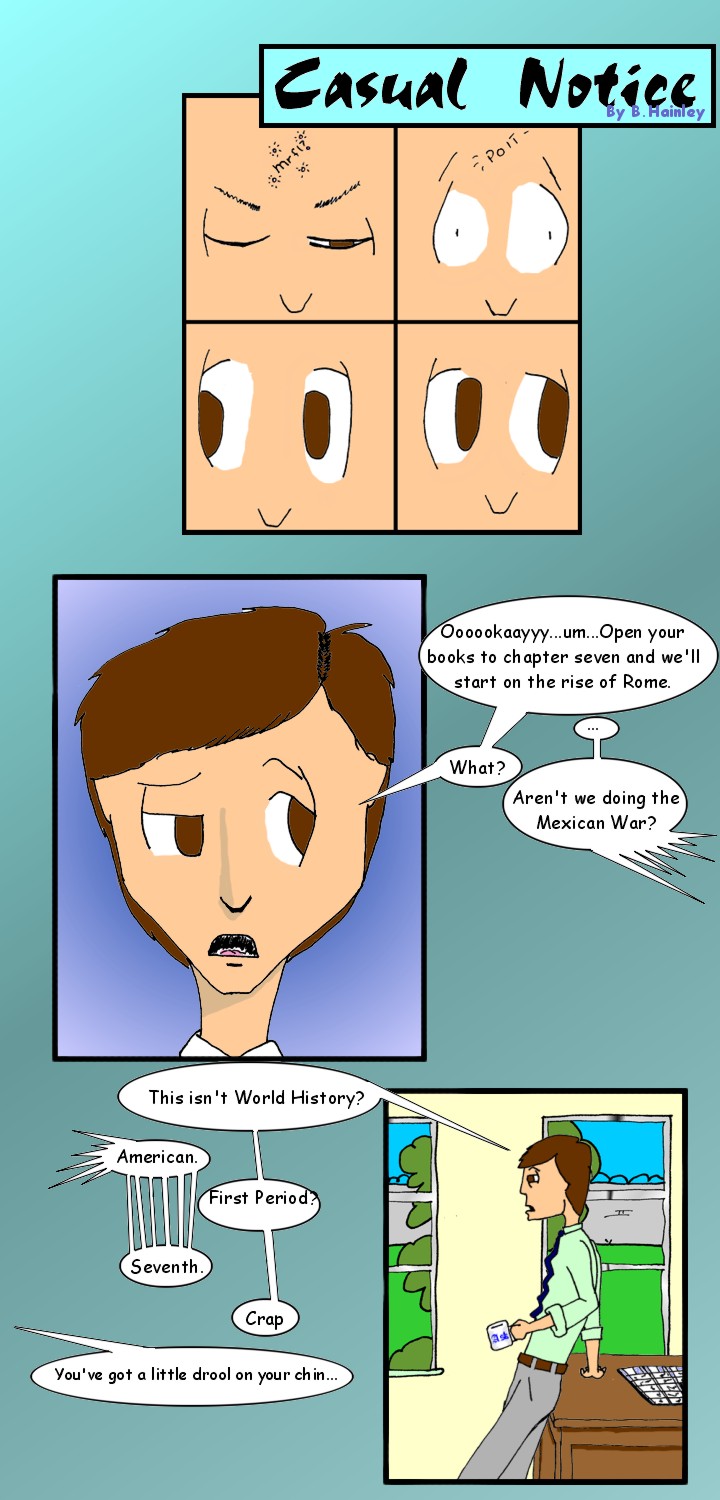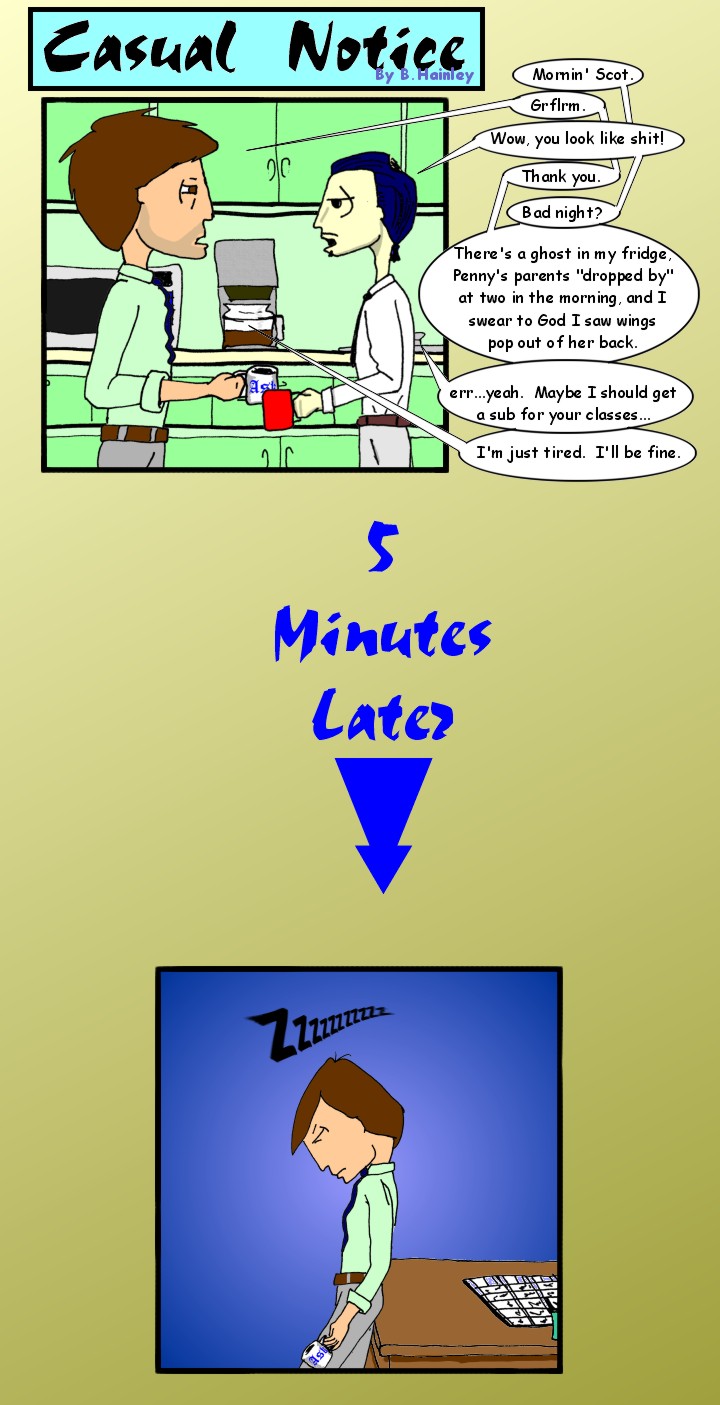 If the current shutdown kerfuffle has highlighted anything for me, it’s the regrettable fact that Americans, on the whole, don’t know how to negotiate (also that a large part of our government is unclear on the actual definitions of the terms, “hostage” and “terrorist”). So, purely as a public service, and not at all to show people how smart I am and they aren’t, here is my free class on how to negotiate.
If the current shutdown kerfuffle has highlighted anything for me, it’s the regrettable fact that Americans, on the whole, don’t know how to negotiate (also that a large part of our government is unclear on the actual definitions of the terms, “hostage” and “terrorist”). So, purely as a public service, and not at all to show people how smart I am and they aren’t, here is my free class on how to negotiate.
Before you Start: Be prepared. You can not walk into a negotiation without knowing three things: What you want. What the other side wants. What you are willing to settle for.
Let’s say you have a cheap supply of bananas, and your neighbor has a cheap supply of cherries. Now, what you want in this situation is to trade bananas for cherries; surprisingly enough, that’s also what your neighbor wants. Of course, what you really want is to trade bananas for cherries at a rate that gives you an advantage (say 30 cherries per banana). Your neighbor would like the same deal, in reverse (straight up 1:1 trade). So let’s say that you’re willing to settle for a direct trade by weight (about 10 cherries/banana).
At the Beginning: Ask for slightly more than you want. If the negotiation goes correctly, you won’t get it. You won’t get what you want, either, but, if you play it right, you’ll get more than you’re willing to settle for. I don’t know who, but someone once said that in the ideal negotiation, both sides walk away feeling like they’ve played the other for a sap. That’s what you’re aiming for.
Give the other guy a chance to make the first offer. Opening offers set the boundaries of the negotiation, and knowing what he’s asking for gives you an idea of his limits. If he is reticent, go ahead and give your own opening offer. The advantage afforded by the knowledge he can glean from your opener is short-lived at best.
Trading Horses: Be civil. Counter to the beliefs of a variety of sociopathic self-help gurus, a negotiation is not a war. It’s not any kind of contest at all. A negotiation is an attempt to reach a mutually beneficial agreement. You don’t have to win, you just have to avoid losing.
Be prepared to walk away. That bottom limit for which you’re willing to settle? That should be firm. If the other guy isn’t willing to reach that. You should calmly stand up, shake his hand, and thank him for his time while regretfully informing him that you can’t make a deal. If you’re not prepared to walk away, you may as well not bother negotiating, because you will lose.
Be rational. Don’t get angry; don’t get sad. Don’t let his anger or tears affect your decision. Remember, the soul of a negotiation is “I want A for B, but I’m willing to settle for C.”
Disregard irrelevancies. The only thing that is important in a negotiation is the item of negotiation. His lovely wife, ailing mother, and five beautiful children are not your problem. Negotiation is a business matter, and allowing irrelevant concerns to enter into it clouds the water and makes rational bargaining impossible.
Closing the Deal: When you have both reached a mutual agreement, understand that, no matter how it may look to you, you both got something out of the deal. Even if he doesn’t know that you pay less for a pound of bananas than he does for a pound of cherries, you don’t know that he has a sweetheart deal trading apples for those bananas at a rate that more than makes up for his apparent loss.
Basically, don’t second-guess yourself or the other guy. Both of you have hidden motives and knowledge, but as long as neither is dissatisfied with the final deal, then it’s a good deal. If you later re-examine the deal and think you let it go too easily, remember that the deal fulfilled your requirements at the time it was made, and mark the issues you discovered after the fact as a learning experience.
And always remember: Negotiation is how civil people resolve a conflict.


